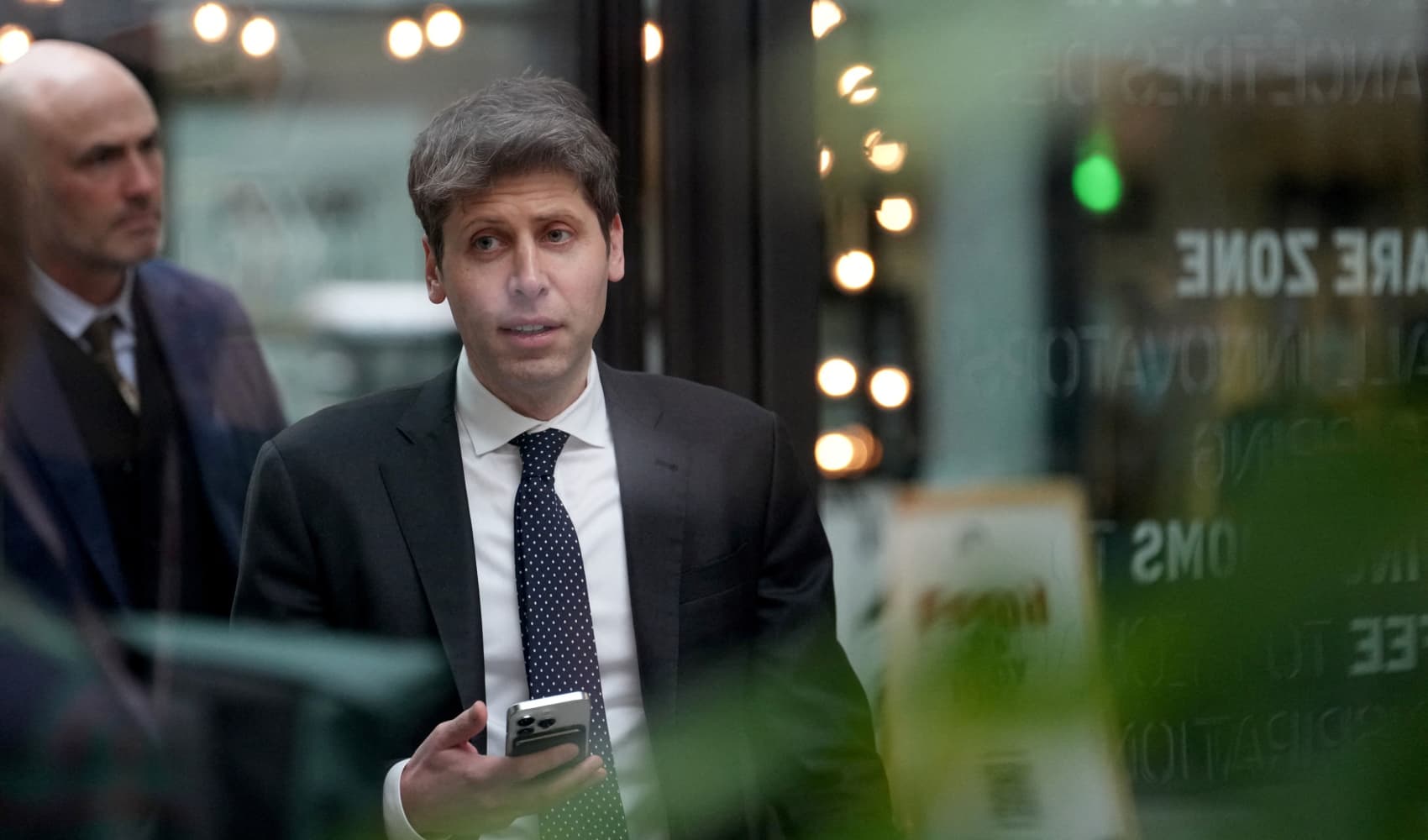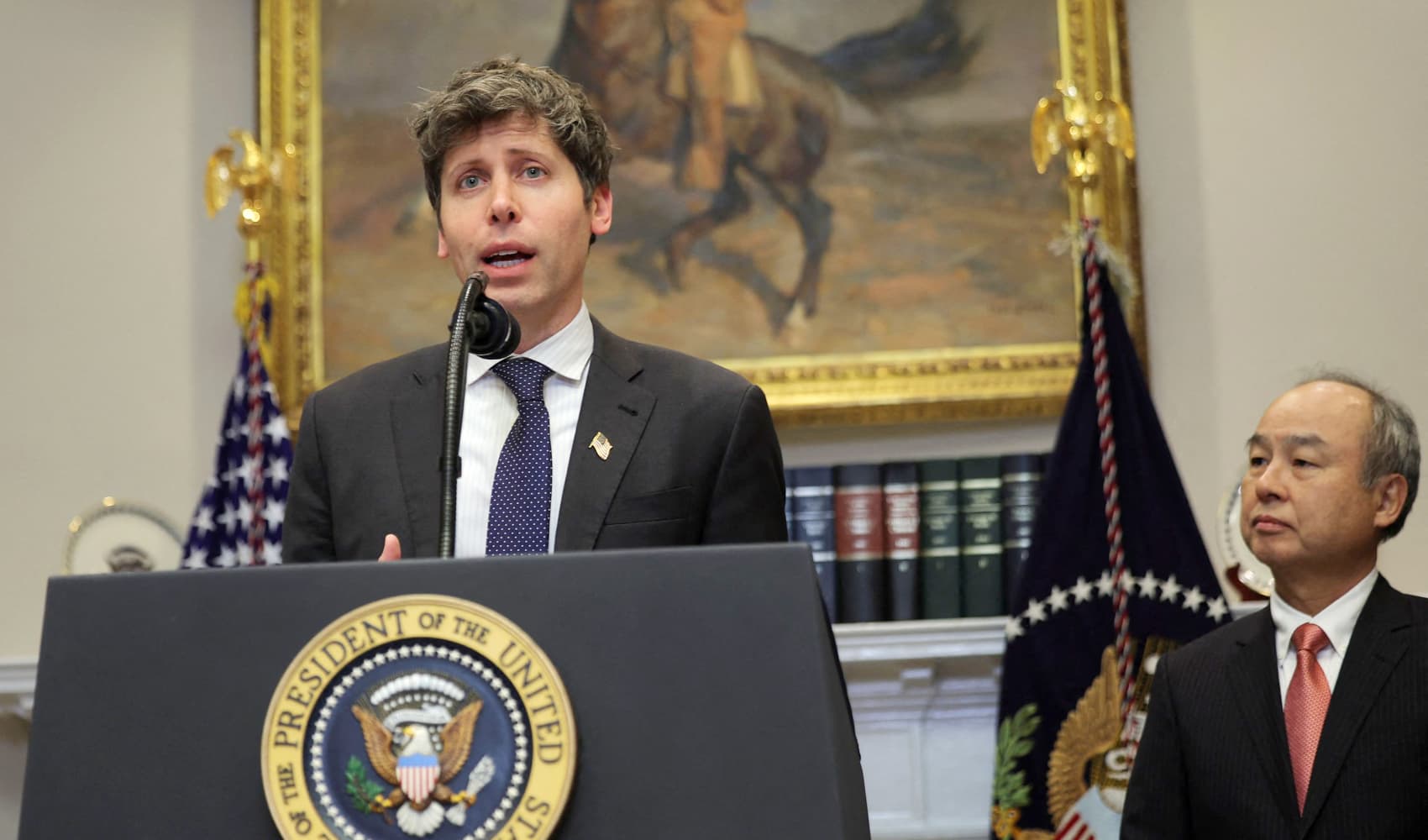OpenAI Yields: Nonprofit to Control Despite For-Profit Shift
OpenAI's About-Face: Nonprofit Control Prevails Amid Pressure!
Introduction: The Plot Twist in OpenAI's Story
Remember when OpenAI was just a quirky little nonprofit lab dreaming of a brighter AI future? Well, buckle up, because their story just got a whole lot more interesting! In a surprising turn of events, OpenAI announced that its nonprofit arm will retain control of the company, even as it navigates the complex waters of becoming a commercial entity. Think of it as the ultimate underdog story, where the values of a nonprofit manage to reign supreme in the world of big tech and even bigger investments.
The Backstory: From Nonprofit Dream to For-Profit Reality (Almost)
Founded back in 2015, OpenAI initially set out with the noble goal of developing AI for the benefit of humanity. No profit motive, just pure innovation and a desire to shape a positive future. But as AI development became increasingly expensive and the potential for commercial applications grew, the pressure to evolve into a for-profit entity started to mount. It’s like a plant growing too big for its pot – eventually, you need a bigger space to thrive.
The Pressure Cooker: Why the Change of Heart?
Civic Leaders and AI Researchers Weigh In
So, what prompted this U-turn? The answer lies in the mounting pressure from various stakeholders. Civic leaders, concerned about the potential misuse of AI, and AI researchers, worried about prioritizing profits over ethical considerations, voiced their concerns. They feared that a purely for-profit OpenAI might lose sight of its original mission and prioritize financial gain over responsible AI development. Think of them as the ethical compass, ensuring OpenAI stays true to its north.
Ex-Employees' Concerns
Adding fuel to the fire were concerns raised by former OpenAI employees, who perhaps had inside knowledge of the shift in company culture. Their voices, combined with the external pressure, created a perfect storm of scrutiny, forcing OpenAI to reconsider its direction.
The Announcement: A Blog Post Heard 'Round the Tech World
The official announcement came in the form of a blog post, a modern-day town crier shouting the news to the digital world. "The TLDR is that with the structure we’re contemplating, the not-for-profit will remain in control of OpenAI," Chairman Bret Taylor stated. This simple sentence, packed with meaning, signaled a commitment to maintaining the company's original values, even in a commercial context.
The New Structure: Public Benefit Corporation with Nonprofit Oversight
So, what exactly does this new structure look like? OpenAI is essentially restructuring into a public benefit corporation (PBC). A PBC allows the company to pursue both profit and social goals. However, the critical piece is that the nonprofit arm will retain control, ensuring that the pursuit of profit doesn't overshadow the company's commitment to responsible AI development.
The Microsoft and SoftBank Factor: Big Money, Big Influence
Let's not forget the elephants in the room: Microsoft and SoftBank. With Microsoft’s massive investment and SoftBank’s recent valuation pushing OpenAI to a staggering $300 billion, these financial giants wield considerable influence. The question remains: how will the nonprofit control balance the desires and expectations of these powerful investors?
Conversations with Regulators: California and Delaware Step In
Attorneys General Weigh In
Adding another layer of complexity, OpenAI revealed that it had been in discussions with the Attorneys General of California and Delaware regarding the restructuring. These conversations suggest that regulators are paying close attention to OpenAI’s evolution and are keen to ensure that the company operates responsibly and transparently.
Transparency and Accountability
These discussions with Attorneys General are crucial for ensuring transparency and accountability. It’s like having a referee on the field, making sure everyone plays fair. By engaging with regulators, OpenAI signals its commitment to operating within the bounds of the law and upholding ethical standards.
The Implications: A New Model for AI Development?
OpenAI's decision to retain nonprofit control could have far-reaching implications for the AI industry. It suggests that it’s possible to balance the pursuit of profit with a commitment to social responsibility. Could this be the dawn of a new model for AI development, one that prioritizes ethical considerations and the benefit of humanity?
The Challenges Ahead: Navigating the Tightrope
Balancing Profit and Purpose
The path ahead won't be easy. OpenAI faces the delicate task of balancing the demands of its investors with its commitment to its original mission. It's like walking a tightrope, where one wrong step could lead to a fall.
Maintaining Transparency
Maintaining transparency will be crucial for building trust with the public and stakeholders. OpenAI needs to be open about its decision-making processes and its progress towards its goals. It’s like opening the curtains and letting everyone see what’s happening inside.
Addressing Ethical Concerns
Addressing the ethical concerns surrounding AI development will be an ongoing challenge. OpenAI needs to actively engage with ethicists, researchers, and the public to ensure that its AI systems are developed and deployed responsibly.
The Future of AI: A Glimmer of Hope?
OpenAI's decision offers a glimmer of hope in a world increasingly concerned about the potential risks of AI. It suggests that it's possible to harness the power of AI for good, while still pursuing innovation and commercial success. But only time will tell if OpenAI can successfully navigate the challenges ahead and pave the way for a more responsible and ethical AI future.
A Win for Ethical AI?
This move could be seen as a victory for those advocating for ethical AI development. By maintaining nonprofit control, OpenAI is signaling that it takes these concerns seriously and is committed to prioritizing responsible AI practices. This could set a precedent for other AI companies to follow, potentially leading to a more ethical and beneficial AI landscape.
Conclusion: A Balancing Act Worth Watching
OpenAI's decision to retain nonprofit control is a fascinating development in the world of AI. It represents a delicate balancing act between profit and purpose, innovation and ethics. Whether they can successfully navigate this complex landscape remains to be seen, but their commitment to their original mission offers a glimmer of hope for a more responsible and beneficial AI future. This is a story worth watching closely as it unfolds.
Frequently Asked Questions
-
Why did OpenAI initially transition towards a for-profit structure?
AI development is incredibly expensive, requiring significant resources for research, infrastructure, and talent acquisition. A for-profit structure allowed OpenAI to attract more investment and scale its operations more effectively.
-
What does it mean for OpenAI to be a Public Benefit Corporation (PBC)?
As a PBC, OpenAI is legally obligated to consider the impact of its decisions on society, not just shareholders. This means they must balance profit motives with their stated mission of benefiting humanity.
-
How does the nonprofit retain control over OpenAI?
The specifics of the control structure are still being finalized, but the nonprofit likely holds key decision-making powers, such as board appointments or veto rights over certain corporate actions, ensuring alignment with its mission.
-
What are the potential risks of this hybrid structure?
A major risk is conflict between the nonprofit's mission and the financial goals of investors. Balancing these competing interests will require careful management and transparent communication.
-
How can the public hold OpenAI accountable?
Transparency is key. OpenAI can be held accountable by publishing regular reports on its progress towards its mission, engaging with ethicists and researchers, and being open to public scrutiny.

